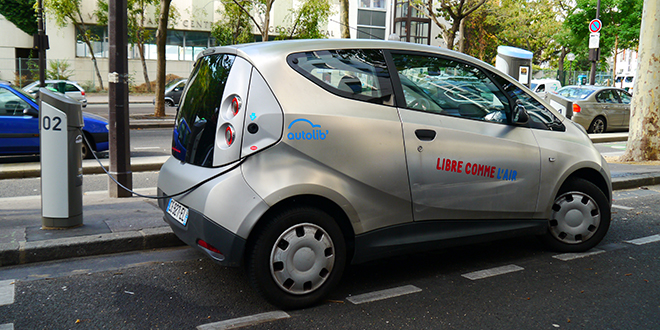Solid-state batteries are becoming the next big thing in energy storage, with the promise of low volatility, high energy density and lower-cost manufacturing. With academia, industry and government collaborating on the next wave of development, we may see progress in this realm. Recently, the Department of Energy’s Oak Ridge National Laboratory and Solid Power Inc. of Louisville, Colo., signed an exclusive agreement licensing lithium-sulfur materials for next-generation batteries. A team of current and former ORNL researchers including Chengdu Liang, Nancy Dudney, Adam Rondinone, Jong Keum, Jane Howe, Wujun Fu, Ezhiylmurugan Rangasamy, Zhan Lin and Zengcai Liu developed the technology. This included designing and testing an all-solid lithium-sulfur battery “with approximately four times the energy density of conventional lithium-ion technologies.” It featured a “new Oak Ridge-designed sulfur-rich cathode and a lithium anode with a solid electrolyte material, also developed at ORNL.” Oak Ridge has also licensed a method of forming lithium-containing electrolytes using wet chemical synthesis, which may comprise β-Li3PS4 or Li4P2S7. Reportedly, Solid …
Longer Life and More Energy
Who wouldn’t want both? Researchers in Germany and America are making great inroads on lithium battery energy density, while adding some hope that batteries may someday outlast the vehicle in which they are installed. Ulm, Germany, where the Berblinger Competition encourages economical flight, may be a resource for making such flight possible. The Zentrum für Sonnenenergie- und WasserstoffForschung Baden-Württemberg (Centre for Solar Energy and Hydrogen Research Baden-Württemberg, ZSW), has announced what they claim to be world-beating cells in terms of cycle life. Dr. Margret Wohlfahrt-Mehrens, Head of the Accumulator Material Research Department in Ulm reports, “After 10,000 complete charging and discharging cycles with a complete charge and discharge cycle per hour (2 C), our lithium batteries still have more than 85 % of the initial capacity.” This would be equivalent to a full charge and discharge cycle every day for over 27 years. With active materials exclusively from Germany, the Ulm battery competes with those manufactured in Asia for power …

